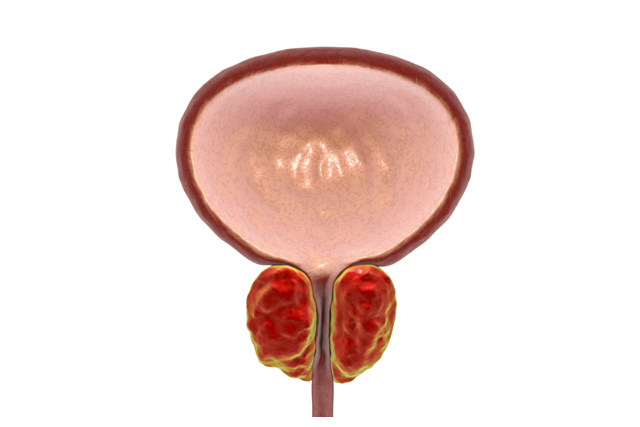
Traditionally, The Herb Has Been Used For Lin Bing
By Daniel Cho, L.Ac. (email: c0454445@gmail.com)
*Hua Shi: Symptom Indicator Score+, Frequency of Use+
Main Symptoms: Hua Shi is mostly used for overall urinary disorders caused by acute inflammation. In clinical practice, when symptoms such as frequent urination, urinary retention, dysuria, and/or urinary pain are present, we can consider Hua Shi.
Pharmacological Hypothesis of Hua Shi
Hua Shi treats frequent urination, urinary retention, dysuria, urinary pain and other symptoms caused by inflammation of the urogenital system. It has anti-inflammatory, membrane-restoring, and toxin-absorbing effects. It was traditionally used for Lin Bing (overall urinary disorders).
Clinical Signs of Hua Shi
In Shang Han Lun and Jin Kui Yao Lue, Hua Shi is used in 6(or 7) formulas of Zhu Li Tang, Bai He Hua Shi Tang, Hua Shi Dai Zhe Shi Tang, Pu Hui San, Feng Yin Tang, Dang Gui Bei Mu Ku Shen Wan (Jia Hua Shi).
Main Symptoms: Hua Shi is mostly used for overall urinary disorders caused by acute inflammation. In clinical practice, when symptoms such as frequent urination, urinary retention, dysuria, and/or urinary pain are present, we can consider Hua Shi.
Hua Shi is often used for gonorrhea-like urinary symptoms due to acute inflammation. We can consider using Hua Shi when such symptoms are triggered by fatigue, overwork, or stress. Or we can use Hua Shi for patients with urinating issues, with mild, chronic inflammation of the urinary system. Gonorrhea-like urinary symptoms of Hua Shi are often diagnosed as prostatitis, cystitis, urethritis and such. Inflammation is confirmed upon tests. We can consider using Hua Shi when signs of acute inflammation accompany patients’ gonorrhea-like urinary symptoms. Urinary retention, dysuria, ischuria, urinary pain, hot, tingling sensation, pain in the lower abdomen as well as perineum due to a full bladder, low back pain and leg pain can also occur.
Clinical Expressions
-Frequent urination, but there are still residual feelings of urine.
-Even if patients try to urinate, it doesn’t come out easily, and only a small amount of urine would come out upon pressure. In severe cases, they can’t pee at all.
-Urinating pain, and sometimes pain in the tip of the genital tract as well, along the urethra.
-When the bladder is full, patients may experience discomfort pain in the lower abdomen as well as in the perineum, sometimes accompanied by lower back pain and/or leg pain.
-Sometimes urine is dark-colored, or hematuria is seen. ☞ If hematuria is seen (as in Lin Bing), the right formula can be selected by considering herbs such as E Jiao (Zhu Ling Tang), Luan Fa (Hua Shi Bai Yu San), Pu Hui (Pu Hui San), or Dang Gui (Dang Gui Bei Mu Ku Shen Jia Hua Shi Wan).
Tendency
Hua Shi patients tend to have abundant body heat, which can easily lead to acute inflammation of the urinary system. They are also usually intolerant to heat (heat aversion).
*Cong Bai: Symptom Indicator Score++, Frequency of Use+
Main Symptoms: Cold pain in the lower abdomen, menstrual cramps, urinating pain and such that are symptoms of Cold Hernia (寒疝). Cong Bai is used with Gan Jiang or Fu Zi in Bai Tong Tang, Bai Tong Jia Zhu Dan Zhi Tang, and Tong Mai Si Ni Jia Cong Bai Tang in order to treat Cold Hernia (寒疝).
































